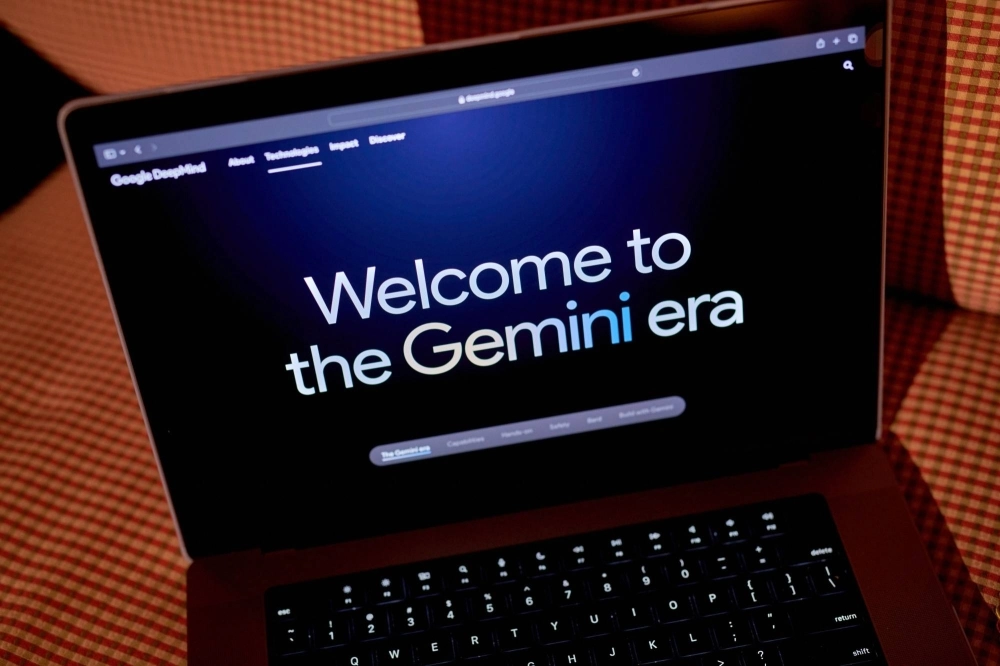Google’s investors are entitled to be furious about the stunningly incompetent rollout of the company’s Gemini artificial-intelligence system. For everybody else, including this grateful Google user and committed technology optimist, it was a blessing.
The laughable screw-ups in the Gemini chatbot’s image-generation — racially diverse Nazi soldiers? — offered a salutary glimpse of an Orwellian dystopia. And in so doing, they also highlighted vital questions of opacity, trust, range of application and truth that deserve more attention as we contemplate where AI will lead.
AI is a disruptive and potentially transformative innovation — and, like all such innovations, it’s capable of delivering enormous advances in human well-being. A decade or two of AI-enhanced economic growth is just what the world needs. Even so, the exuberance over actually existing AI is premature. The concept is so exciting and the intellectual accomplishment so impressive that one can easily get swept along. Innovators, actual and potential users and regulators all need to reflect more carefully on what’s going on — and especially on what purposes AI can usefully serve.



















With your current subscription plan you can comment on stories. However, before writing your first comment, please create a display name in the Profile section of your subscriber account page.